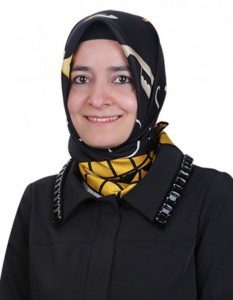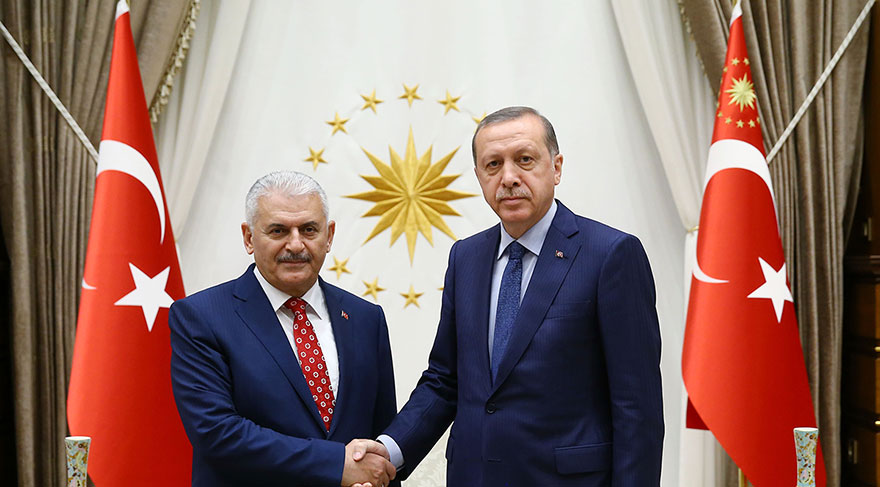On Tuesday, Binali Yıldırım, Turkey’s new Prime Minister, unveiled his first cabinet after seeking the approval of President Recep Tayyip Erdoğan. While many ministers retained their jobs or were reshuffled, over a third of all ministers were replaced.
The nine outgoing ministers were: former PM Ahmet Davutoğlu, Yalçın Akdoğan (Deputy PM), Volkan Bozkır (European Union), Mustafa Elitaş (Economy), Mehmet Müezzinoğlu (Health), Sema Ramazanoğlu (Family and Social Policies), Fatma Güldemet Sari (Environment, and Urban Planning), Mahir Ünal (Culture and Tourism), and Cevdet Yılmaz (Development).
Five of the new 26-seat cabinet are deputy prime ministers: Nurettin Canikli, Mehmet Şimşek, Numan Kurtulmuş, Veysi Kaynak and Tuğrul Türkeş.
Justice Minister Bekir Bozdağ was reappointed as the Justice Minister, while former AK (Justice and Development) Party spokesman Ömer Çelik has been named the new Minister of EU Affairs.
Foreign, finance and energy ministers Mevlüt Çavuşoğlu, Naci Ağbal and Berat Albayrak were re-appointed. Former AKP minister Nihat Zeybekçi returns to head Economy – a post he had previously held until last November.
Ahmet Arslan takes PM Yıldırım’s role as Transport Minister. Fatma Betül Sayan is the new Family and Social Policies Minister – the only female minister in Turkey’s 65th government. The number of women serving in government under AKP has continued to drop, with two in Davutoğlu’s last cabinet.

Turkey’s new PM said his priority would be a new constitution and to usher in a presidential system.
Yıldırım became chair of the AK Party at an Extraordinary Congress held on Sunday 22 May. He was unopposed for the role. It followed the decision by Ahmet Davutoğlu on 5 May to step down as Prime Minister.
President Erdoğan chaired the first meeting of the new cabinet at his presidential palace on 25 May. It sent a clear message that Yıldırım will play second fiddle to the ultra-ambitious Erdoğan in the power stakes, even though Turkey’s constitution gives full control to the PM with the Presidency primarily a symbolic role.
A father of three, Yıldırım is one of the founding members of the AKP. With an engineering background, he has served in government virtually continuously since the party first came to power in 2002.
As Transport and Communications Minister he oversaw major infrastructure projects, including the historic Marmaray Tunnel that passes under the Bosphorus, which have helped buoy Turkey’s economy and boost the party’s popularity.





